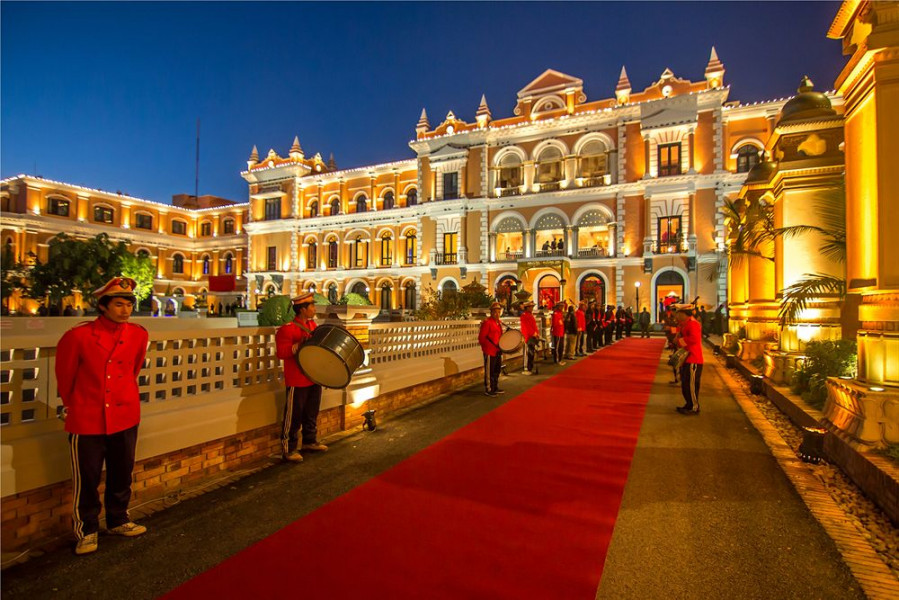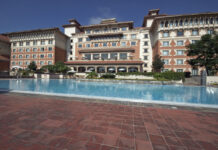Casinos along Nepal’s border pose a high risk of money laundering of foreign proceeds, a report by the Asia/Pacific Group on Money Laundering (APG) alleges.
A mutual evaluation report (MER) conducted by the APG on anti-money laundering and counter-terrorist financing measures in Nepal was released on September 8th.
The document reviewed the status of implementation and enforcement of the internationally accepted 40 standards against money laundering, financing of terrorism and proliferation financing set by the Financial Action Task Force (FATF) in the context of Nepal.
In it, the APG advised Nepal for high level commitment, greater resources, operational-level prioritization, and cooperation to effectively combat its monetary laundering and terrorist financing risks.
According to the report, although the size and make-up of Nepal’s economy and financial sector are less attractive to laundering of foreign proceeds, its border casinos make up the exception Nepal is bordered by India to the south, east, and west, and China to the north.
Considering global money laundering typologies and the lack of AML/CFT and other controls, ‘money laundering through casinos and legal persons and arrangements is likely,’ the report adds.
APG suggested that the country significantly enhance risk-based AML/CFT supervision of cooperatives, casinos, Dealers in Precious Metals and Stones (DPMS), and real estate agents, stating that the current fit and proper requirements and regulatory framework for casinos in the country are ‘unclear and ineffective’.
There are 28 licensed casinos (including 15 mini-casinos) with physical venues in Nepal, 10 in Kathmandu and the remainder in various locations close to the Indian border. Casinos are prohibited from providing gambling activities to Nepalese citizens.
The largest casino has 101 table games, with the annual turnover of Nepal’s casinos estimated at NPR9 billion ($67.5 million).

The APG ranked the National Money-Laundering Threat rate for the Nepal casino sector in 2020 as at ‘medium-high vulnerability’.
‘There is legal uncertainty about the regulatory framework for casinos and the fit and proper requirements for casinos only apply to the ‘operator’ which is not defined. In the last five years, 19 new casinos have been approved licences with none declined. Limited information was provided regarding the steps taken when considering applications,’ APG noted.
In addition, casinos engaging in foreign exchange (including international money or value transfer services must also be licensed by Nepal Rastra Bank, the Nepal central bank under foreign exchange regulations.
However, while all casinos in Nepal undertake foreign exchange transactions, only six casino operators, covering ten casinos, have obtained the required licence from the NRB, and of these, only two of the casinos have ever submitted a required monthly return to NRB for their foreign exchange transactions, notes the group.





















